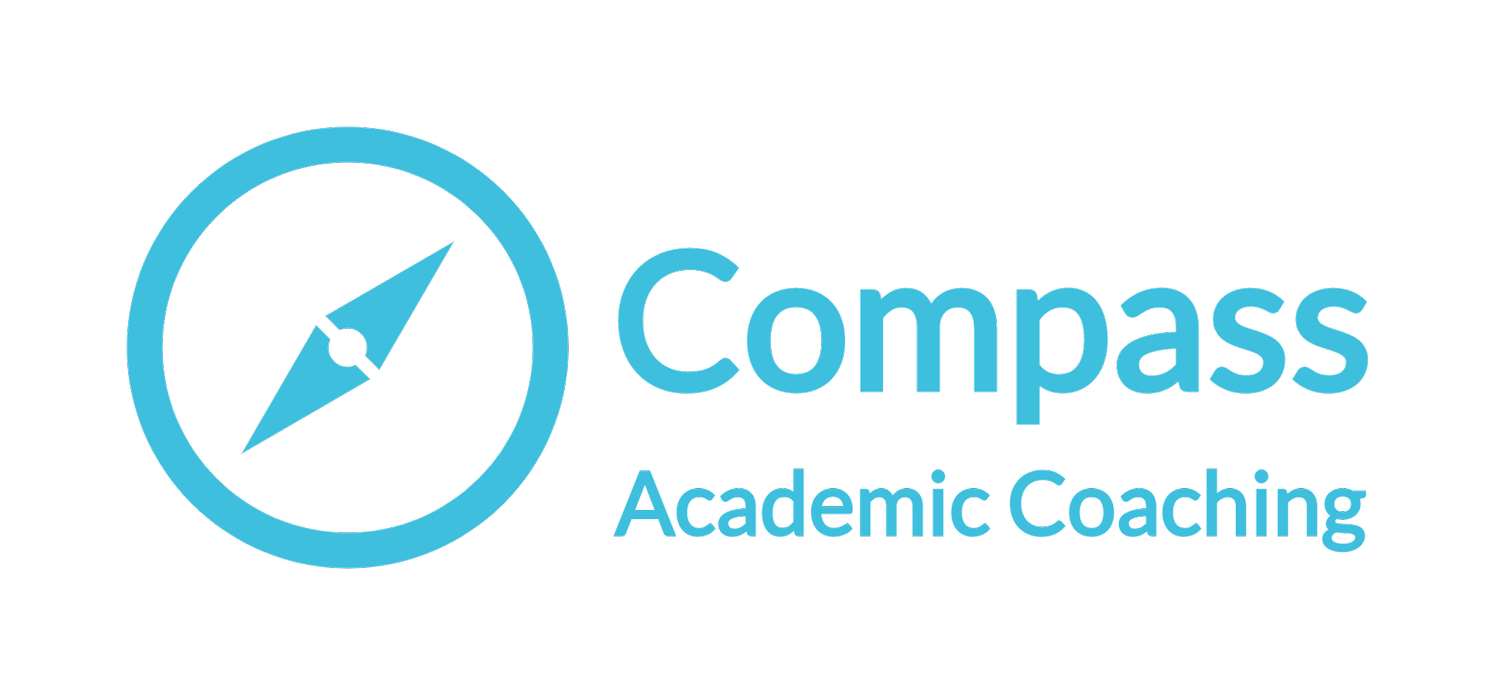Give your mind a name
You know that part of your brain that says discouraging things when you are trying to work on your research? How many of these thoughts are familiar to you?
“I’ll never finish this.”
“I am so slow.”
“They made a mistake admitting me to this program.”
“I’m not smart enough.”
“I’m lazy.”
Having automatic thoughts like these is an incredibly common experience. They hurt, and if they come up every time we try to sit down to work, we might start avoiding our work to avoid the pain of those thoughts. If we believe those thoughts are true, we might give up on our goals all together.
To keep making progress toward our goals, we have to recognize that thoughts are just thoughts, not reality. We should expect them to come up, and trust that we can handle them. These thoughts don’t get to determine what we do. We do.
Easier said than done, right? The good news is we have evidence-based strategies to build psychological flexibility, the capacity to recognize our thoughts without getting hooked into them. One of those strategies is to give your mind a name.
My mind’s name is Edna.
Edna is very busy and nervous. She chatters a lot about how lousy I am. In fact, she can be really mean, telling me that I’m lazy, worthless, a complete failure. I would never say things like that to someone! But Edna does it almost every day.
I have learned to recognize Edna’s chatter. Now I can mentally say to her: “Okay, Edna, I hear you chattering. You’re up to your usual antics. I’m going to get on with my work now.”
Naming your mind is just one of several strategies that have been shown to develop psychological flexibility. These strategies help us take action toward the goals we choose, rather than getting hooked into behavior that moves us away from our goals. Steven Hayes is a psychologist who developed and tested strategies like these as part of Acceptance and Commitment Therapy (ACT). If you’d like to learn more, you can start with his Tedx Talk.
What helps you move forward, even when your mind is chattering at you?

